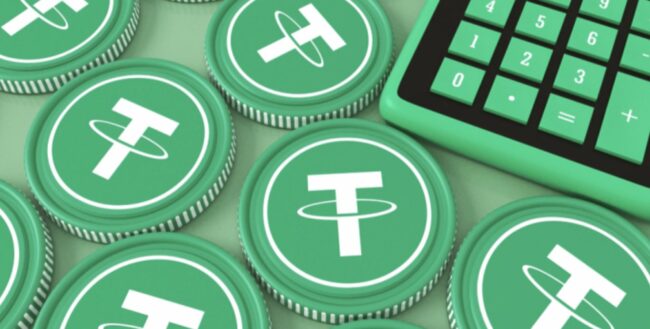Highlights:
- Toyota, Yamaha, and BYD began accepting Tether in Bolivia as the economy faces a sharp downturn.
- BitGo confirmed the first Toyota USDT purchase, with dealerships calling payments fast and safe.
- Bolivia lifted its long-standing crypto ban last year, which enables banks to process transactions.
On Sunday, Tether CEO Paolo Ardoino announced that Toyota, Yamaha, and BYD now allow customers in Bolivia to pay for vehicles directly with USDT. This change comes at a time when the country faces one of the steepest financial downturns in its modern history.
Toyota, BYD, Yamaha accepting USDT in Bolivia
"Tu vehiculo en dolares digital"
USDT is the digital dollar for hundreds of millions in the emerging markets.
Ubiquity. pic.twitter.com/0X0SH3USXX— Paolo Ardoino 🤖 (@paoloardoino) September 21, 2025
Tether Marks First Car Purchase in Bolivia After Crypto Ban Lift
The first official car purchase with Tether was confirmed by BitGo on Saturday. The crypto security firm shared proof on X, followed by Ardoino posting photos of Bolivian dealerships with banners describing USDT as an “easy, fast, and safe” method of payment. The event shows how stablecoins are no longer just investment tools but have become part of daily trade.
This shift might seem surprising because Bolivia was once among the most resistant Latin American nations to digital assets. The ban on cryptocurrencies lasted for years until June last year, when the government decided to lift restrictions. The policy change allowed banks to process Bitcoin and stablecoin transactions, which opened the door for rapid adoption across sectors.
History was made tonight: the first Toyota was purchased in Bolivia with $USDT. 🛻@ToyosaBolivia, and @Tether_to has partnered with BitGo to make stablecoin payments possible, delivering safe custody, stable transactions, and seamless experiences.
Stablecoins are powering a… pic.twitter.com/eFpfCMZTDg
— BitGo (@BitGo) September 20, 2025
Last October, Banco Bisa in Bolivia introduced custodial services for Tether’s USDT. More recently, the Central Bank of Bolivia reached a memorandum of understanding with El Salvador’s National Commission of Digital Assets. The agreement aims to support crypto growth.
Growing Use of Digital Payments
The pressure on reserves has pushed major institutions toward crypto-based solutions. In March, Bolivia’s state-owned oil and gas company YPFB received approval to settle payments for imported fuel in stablecoins. The step gave the country a lifeline to keep energy supplies running during the dollar shortage.
Bolivian import businesses are turning to Tether to handle ongoing dollar shortages, TowerBank’s digital assets head Gabriel Campa told Bitfinex last Tuesday. He said companies buy stablecoins either locally or through offshore bank accounts. These are then converted into US dollars to pay international suppliers.
Some of the imported goods are later priced in USDT within Bolivia. This has created a circular use of stablecoins, allowing businesses to continue trading and operating even as dollar reserves run low. At the same time, airport shops in Bolivia have started listing everyday goods in USDT to cope with the currency crisis.
These practices are now common and show a wider shift toward digital money. Bolivia’s deep financial crisis helps explain why people are adopting it so quickly. Data from Trading Economics shows that the country’s foreign exchange reserves shrank by 98% over the past ten years. Reserves once stood at $12.7 billion in 2014, but by August, only $171 million remained.
Politics and Economic Challenges
Bolivia will hold a run-off election on October 19. Candidate Rodrigo Paz Pereira has suggested using blockchain systems to increase transparency. His opponent, Jorge “Tuto” Quiroga, has given little clarity on his crypto stance. The incoming president will face the daunting task of rebuilding stability in an economy already leaning heavily on stablecoins.
The boliviano is still used in daily trade, but trust in it is fading. Many businesses and families now protect their money with stablecoins, and carmakers accepting Tether show this shift has reached a new stage. The entry of Toyota, Yamaha, and BYD into crypto payments reflects how deep economic troubles can accelerate the adoption of alternatives.
Best Crypto Exchange
- Over 90 top cryptos to trade
- Regulated by top-tier entities
- User-friendly trading app
- 30+ million users
eToro is a multi-asset investment platform. The value of your investments may go up or down. Your capital is at risk. Don’t invest unless you’re prepared to lose all the money you invest. This is a high-risk investment, and you should not expect to be protected if something goes wrong.






